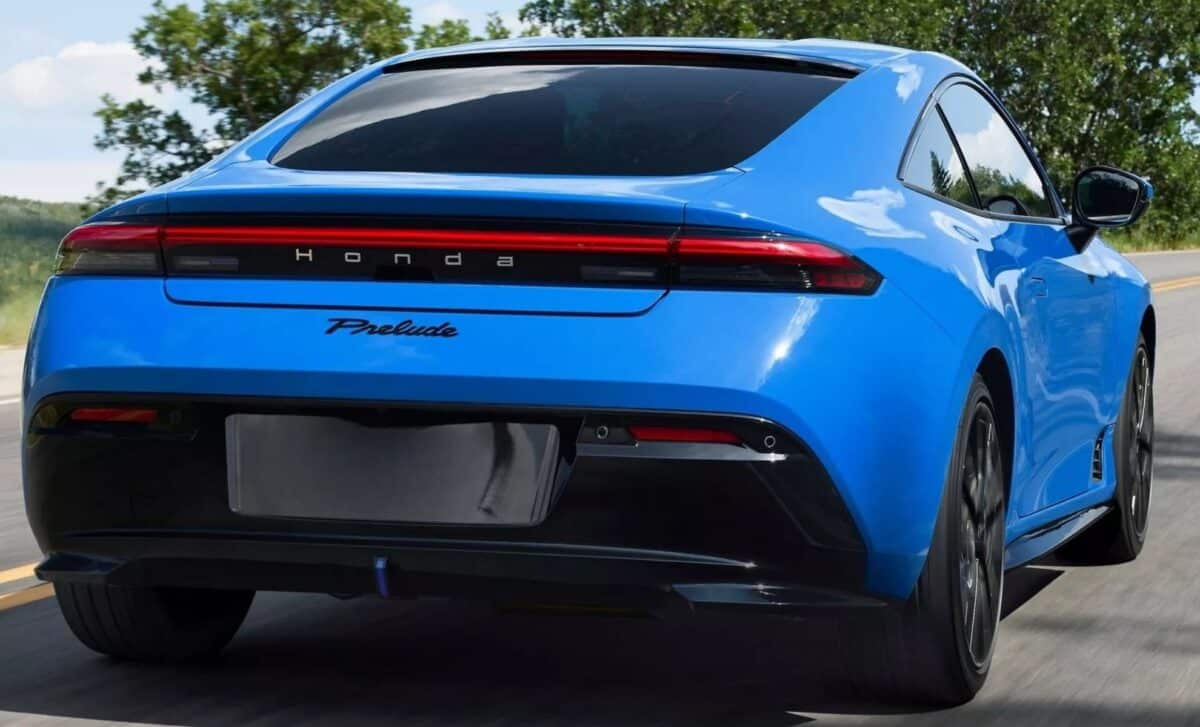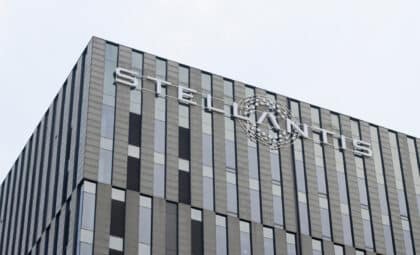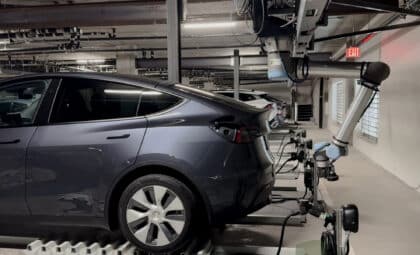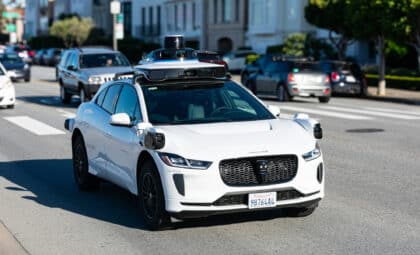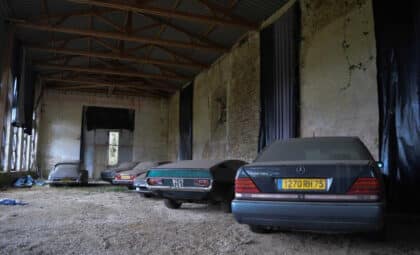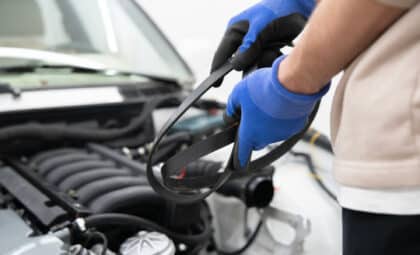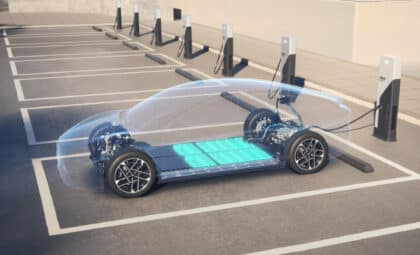While the vehicle’s sharp design and modern features attract attention, its performance, particularly in acceleration, fails to meet expectations. In a recent test, the car reached 0-62 mph in 8.28 seconds—a time slower than the 1993 Prelude and even the current Civic Hybrid. While Honda’s new model generates excitement in showrooms, the early test results suggest there’s more to the story than just its looks.
Since the start of customer deliveries in the United States, many have been willing to pay hefty premiums—sometimes over $10,000 above the sticker price—for the privilege of owning one of the first 2026 Preludes.
However, the high cost of the vehicle, combined with its less-than-stellar acceleration times, has raised eyebrows. It seems that despite the allure of owning a piece of Honda’s revived sports coupe legacy, the car’s performance doesn’t quite match its hefty price tag.
Acceleration Times: A Reality Check
The 2026 Prelude’s 0-62 mph acceleration time of 8.28 seconds was measured during an early test by a new owner, who sought to evaluate the car’s straight-line performance. While a time of 8.28 seconds is certainly nothing to scoff at, it places the Prelude behind competitors like the Civic Hybrid and even the 1993 Prelude. According to the test results, the new model failed to impress, especially when compared to other cars in its segment, reports Carscoops.
There is some speculation that the owner may not have used the “brake boosting” technique, which can help improve acceleration by holding both the brake and throttle pedals before releasing the brake. This technique, while not officially supported by Honda, has been known to improve launch performance, as seen in previous tests. Without launch control, the Prelude seems to struggle to achieve the explosive acceleration many might expect from a sports car.
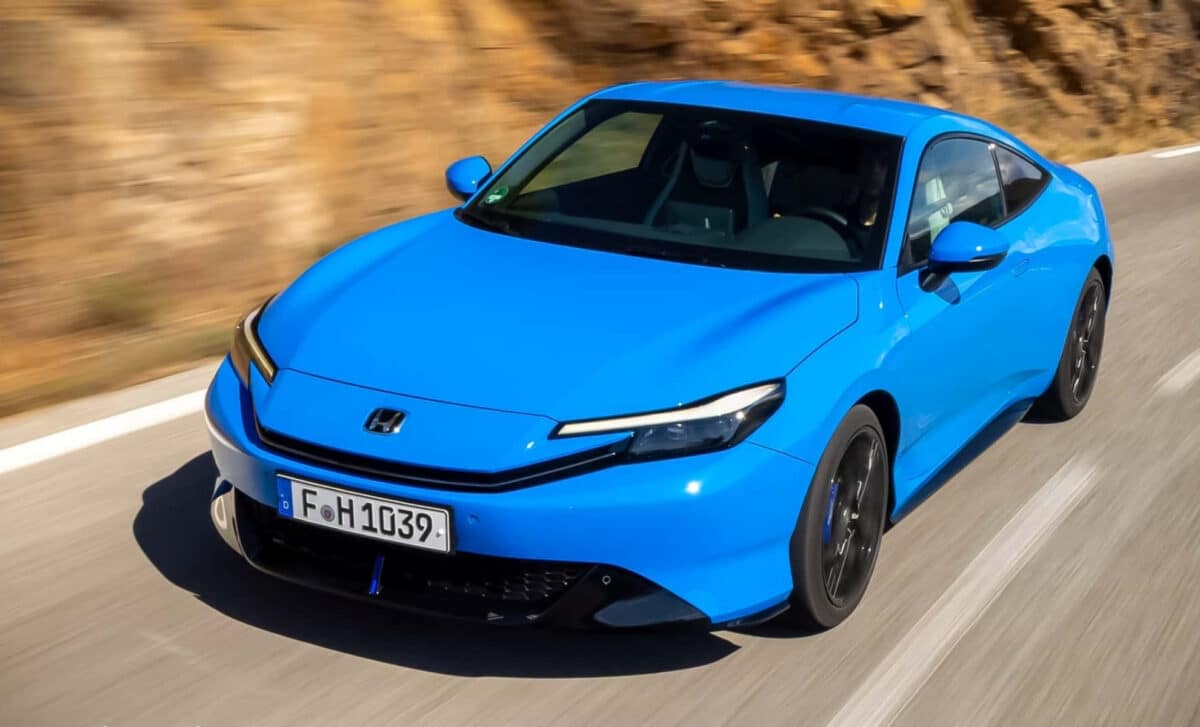
Dealer Markups and the Cost of Prestige
The Prelude’s price has become a point of contention, with some buyers reporting that they’ve had to pay more than the manufacturer’s suggested retail price (MSRP) to get their hands on one. The base price of the 2026 Prelude is set at $42,000, but dealerships have added significant markups. In one case, the buyer paid an extra $14,995 for a “2T Protection Package & Market Adjustment,” which included basic accessories like wheel locks and paint protection.
While the car’s price tag has already been seen as shocking, this added premium further inflates the overall cost, leading some to wonder if the Prelude’s performance justifies such a steep investment. For those who expected a more thrilling driving experience, the slower-than-expected acceleration may come as a disappointment, especially given the hefty sums being paid by early adopters.
The Role of Mileage and Testing Conditions
It’s important to consider that the new Prelude in these tests had only 66 miles on the odometer—meaning it was still in the process of breaking in. New cars often have slower acceleration times due to the need for engine and drivetrain components to settle. This is a common factor in early tests, and it’s not unusual for performance to improve after a few thousand miles of driving.
Additionally, environmental factors like temperature, tire grip, and altitude all play a role in how a car performs in acceleration tests. Even small differences in surface grip or air temperature can make a significant difference in results.
Therefore, it’s possible that the conditions during these tests contributed to the Prelude’s underwhelming performance. However, given the lack of launch control and the absence of certain performance features, it remains unclear whether the Prelude’s acceleration can truly match that of its competitors, even after breaking in.

